Opinion: Securly: Safety, at what cost?
Securly: Safety, At What Cost?
By: Harris Morand, Freshman
The issues with Securly
Modern life is becoming increasingly more and more digital. With this, comes the need for online learning for students. To make online learning easier, schools have issued students their own Chromebooks.
These days, privacy and protection online is just as important as privacy in the real world. Without it, people are open to threats like ISP snooping, data theft, and worse.
For such reasons, Adblockers, VPNs, etc, were made for protection.
However, students must give up their school privacy for an app: Securely. It enables teachers to digitally watch their students and everything they do. If you think about it, it’s basically Big Brother watching.
Is Securly putting your privacy at risk?
“A consequence of downloading Securely is an invasion of students’ privacy,” said Tara Grande, the Assistant Principal of Fremont Union High School district, “as an admin can see their student’s browsing history”.
Even worse, administrators can even remotely manage your device in the form of closing your tabs and locking your screen.
According to Neirad, students’ privacy is being invaded 24/7, and if Securly’s servers were to be hacked, hackers could access any student data. This security problem could result in a massive data breach, and compromise many student and teacher/admin accounts.
Despite this, this isn’t even the worst of Securly; there’s more.
Among students all across America, Securly censorship is also a major problem with it. “Securly blocks many YouTube videos, and music streaming services like Spotify,” says Emily Park. “This inhibits a student’s ability to learn and focus, as many students enjoy listening to music as a focus tool. Blocking a majority of YouTube videos can create problems.”
After all, sites or YouTube videos that are blocked can possibly be educational.
Emily Park also questions the point of having a school-issued device if the number of educational resources is dwindling.
Securly is for protection, yet it ends up blocking education sites and videos.
And I think we all have that one memory of a teacher trying to show us something educational, but Securly ended up stopping them.
This level of censorship could be harming us. After all, holding students back from knowledge by censoring and blocking web pages only prevents students from learning.
You might think that a quick fix to this problem would be to download a VPN / Onion Browser/form of anonymous proxy. But this won’t work, as schools have gone so far as to block students from viewing pages in regard to privacy solutions
In my opinion, it feels unfair to give teachers the power to monitor their students 24/7, while their students have no power whatsoever. Essentially, Securly is a form of Spyware. The usage of Securly just shows disregard for student privacy, and a lack of consideration for learning.
Despite this ugly truth, this fact is seemingly concealed with Securly’s YouTube bio, more specifically with their motto “Empowering students to stand strong and work hard”.
It becomes very apparent why their Youtube channel has a whopping 700 subscribers.
“There are times where I feel that Securly violates our rights to privacy,” said John Morand (class of 2026). “However, I believe it may be for the greater good.”
Is there even a point of Securly?
On the other hand, Securly may have a few good qualities.
“We started using it in the pandemic, as CIPA (Child’s Internet Protection Act) required us to use some sort of monitoring software,” said Mr. Dehays, Director of Technology/Communications, in an interview with me. “If we weren’t using monitoring software, we could be directly violating the law.”
In addition, the Tech and Administrative departments have a large say in the schools’ online presence. Securly is to ensure that students are protected from illegal activity by filters and admin monitoring.
Mr. Dehays also stated how the relationship between Securely on Chromebooks and students is similar to students and lockers, privacy-wise. Simply put, it’s your locker/Chromebook and your business until the school finds you are doing something bad, and then it becomes their matter as well.
But, regardless if you are in trouble or not, it stays between you and the admin(s), so the activity still remains private, in a sense.
“Another pro of using Securly is how the school gets a lot more features than we had beforehand,” Mr. Dehays added. “Rather than having to walk around class and peek over at student screens, teachers can see all the screens at once. Another feature is Securly 24, which monitors online student activity, and gives notifications if they perceive the student is going to hurt someone or themselves.”
This feature even gives notifications after school hours, which can be life-saving. Granted, this system can also involve SROs, which some may find as a potential privacy issue, and others may say that it is necessary.
“Securly is much better than the old filtering system we used to have. If something is blocked that shouldn’t be blocked, we can unblock it quickly.”
Mr. Dehays firmly believes that Securly shouldn’t be an annoyance, and should rather just be going in the background, without distracting students.
He also explained that on the topic of cybersecurity, if Securly was to be hacked, there are many layers of defense to minimize the damage that cyber attackers could do.
With the usage of cloud-based servers, AES 256-bit encryption (AES stands for Advanced Encryption Standard, the strongest encryption algorithm), multi-factor authentication, etc, the school is secure.
Moreover, Securly is legally required to tell the school if they were compromised. And in the worst-case scenario, at any time, the school can cut their Securly connection, to prevent data leakage. In a way, this is very similar to that of a kill-switch on a VPN (a killswitch will stop a device’s wifi connection if the VPN connection drops.
What’s the conclusion?
It’s no surprise the student body largely dislikes Securly, as shown in the result of a poll that was recently conducted, with 60 random students.
The majority of students surveyed (75%, to be precise), stated that they believe Securly invaded their privacy. On the contrary, 25% of students did not believe Securly to be invasive. This shows that 3 in 4 students think Securly risks their privacy.
In addition, 83% of students care about their online privacy/security, whereas 17% do not.
Furthermore, 58% of students with 6-8 teachers in a year, say that 1-2 of their teachers will use Securly. 38% said that 3-6 of their teachers use Securly, and 4% said next to if not all their teachers use Securly.
Here’s where it gets more interesting.
58% of students surveyed said how they change their activity when being monitored. On the other hand, 42% of students said they do not change their activity if they know Securly is currently on.
What this data shows is that around 3 in 5 students might or might not have something to hide, probably a Coolmath or Slope tab.
It’s important to know that Securly is legally necessary to protect students from explicit content. But, it comes at the cost of ethics, as some believe. However, those who want the removal of Securely might be going against the law. Yet, those who made the CIPA might be infringing upon our privacy rights.
In conclusion, Big Brother could always be watching, so maybe it’s for the better to have some decency online.
That is, unless you’re sure Securly isn’t on.

Harrison Morand is a junior in the Oakmont class of 2026. This is his 3rd year of being in The Oakmonitor, and he has written 30 great articles. He is...


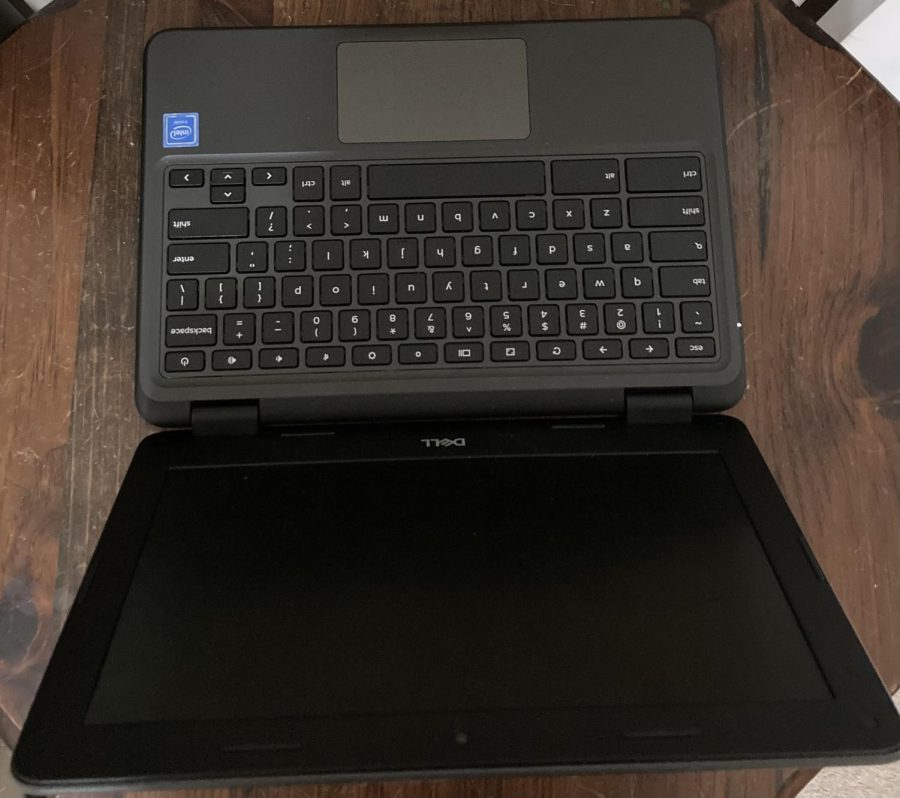
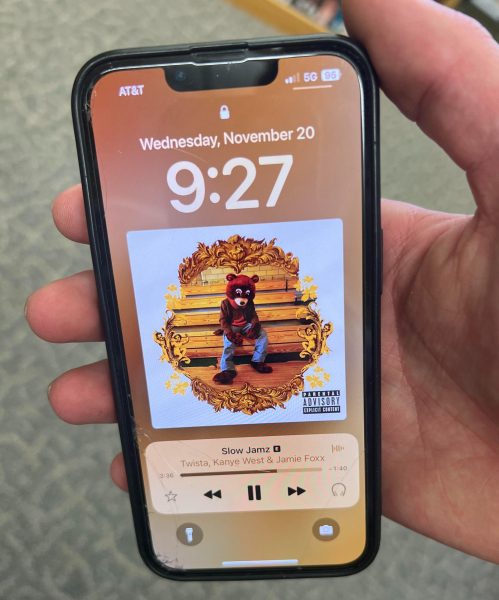

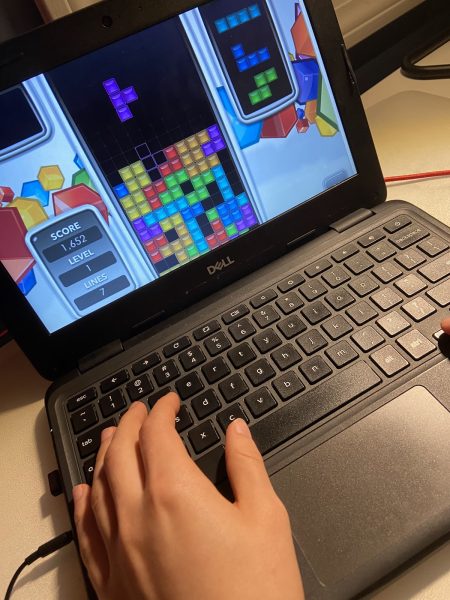
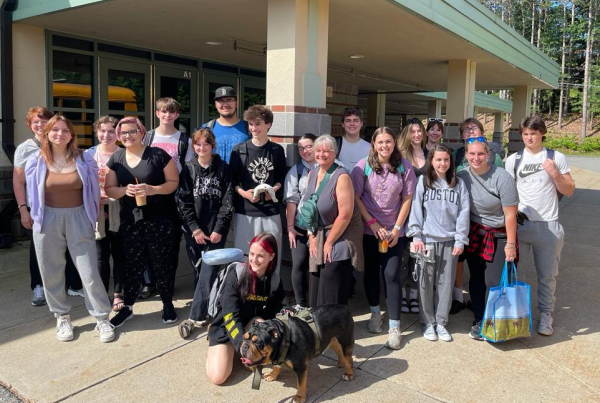
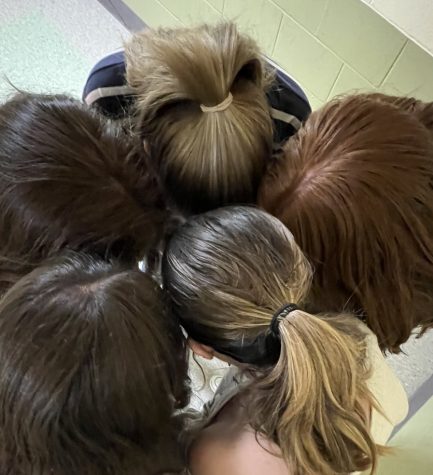
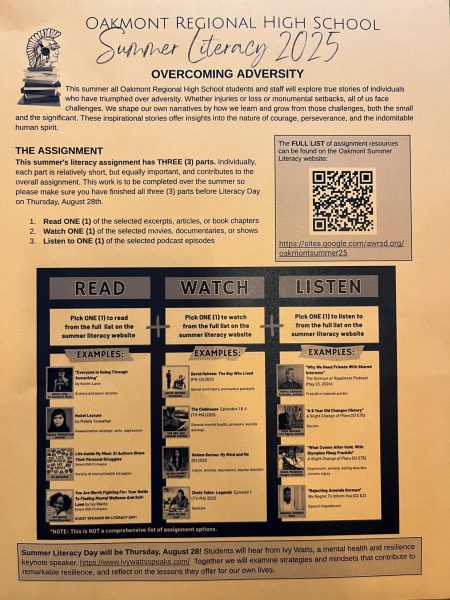
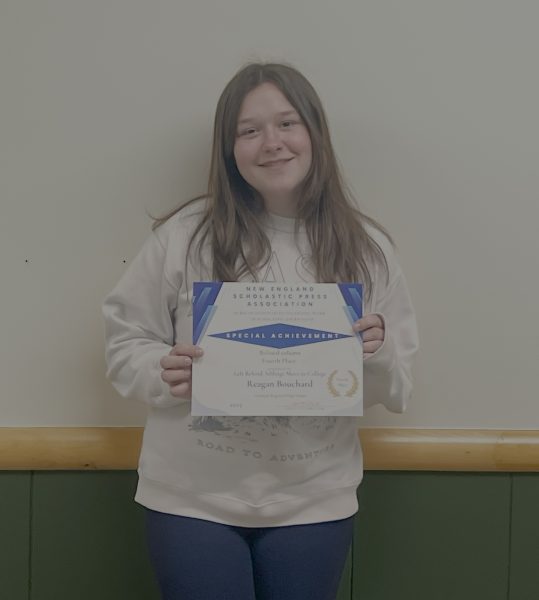
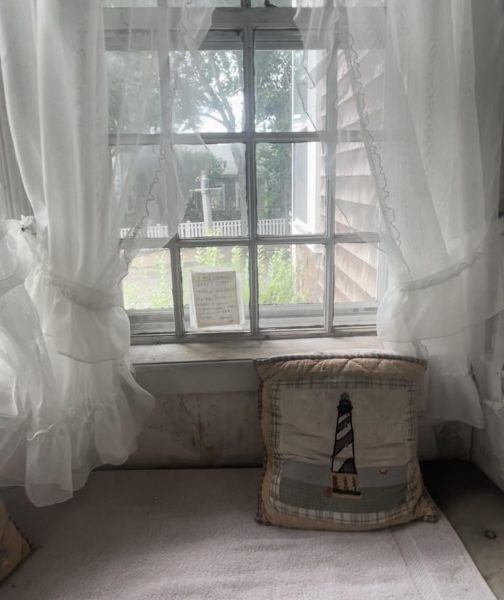
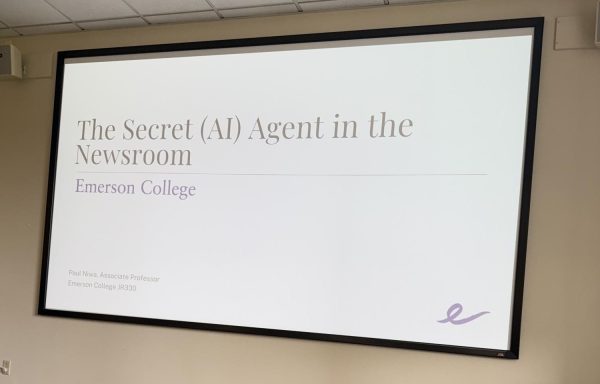
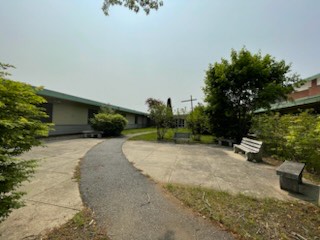
Harrison Morand • Mar 6, 2025 at 12:57 pm
2 years ago!